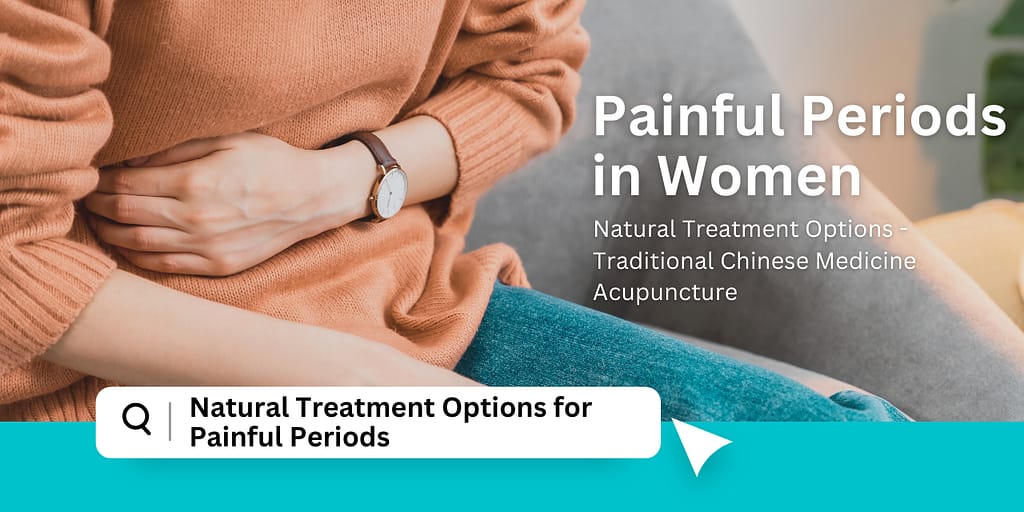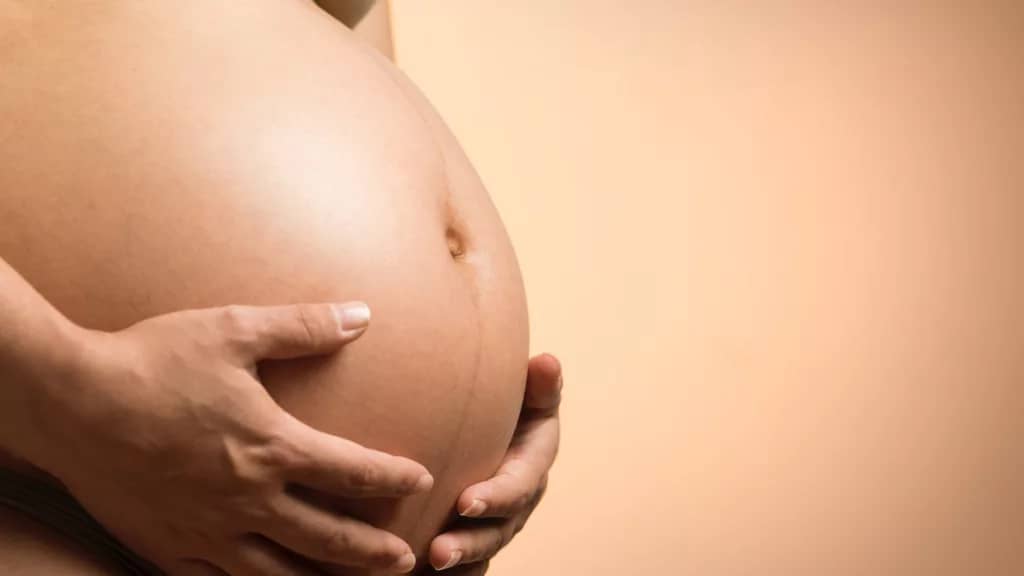Acupuncture for Infertility
Here we will mostly discuss Acupuncture for Female Infertility
Infertility affects many women, causing stress and heartache for those trying to conceive. Acupuncture is an alternative therapy that has gained popularity in recent years as a complementary approach to conventional fertility treatments. It has been shown to be effective in treating infertility by improving blood flow to the reproductive organs, regulating hormones, reducing stress, and promoting overall health and well-being.

Acupuncture and Infertility
In traditional Chinese medicine (TCM), infertility is viewed as a result of an imbalance in the body’s Qi (energy) and blood flow. Acupuncture aims to restore balance to the body and improve overall health, thereby increasing the chances of conception.
Acupuncture may be used alone or in conjunction with other fertility treatments such as in vitro fertilization (IVF). When used in conjunction with IVF, acupuncture has been shown to increase the success rate of the procedure.
Acupuncture can be effective in treating female infertility by improving blood flow to the reproductive organs, regulating hormones, and reducing stress. Specific acupuncture points are used based on the individual’s symptoms and TCM diagnosis. Common points used for female infertility include the lower abdomen and back, the feet, and the ears.
Acupuncture can also help regulate menstrual cycles, improve egg quality, and support the uterus in maintaining a pregnancy.
In addition to acupuncture, TCM may utilize herbal formulas to treat female infertility. Herbal formulas may include ingredients such as dang gui, bai shao, and chuan xiong, which are believed to nourish the blood and promote circulation to the reproductive organs.
How Does Acupuncture Work?
Acupuncture works by regulating the flow of energy or Qi (pronounced “chee”) in the body. According to Traditional Chinese Medicine, infertility can be caused by imbalances in the body’s Qi or organ systems, such as the liver, spleen, and kidney. By stimulating specific acupuncture points on the body, acupuncturists can help correct these imbalances and promote overall health and balance.
Acupuncture can also help reduce stress and anxiety, which can have a negative impact on fertility. Stress hormones such as cortisol can interfere with the menstrual cycle and affect the reproductive system, leading to irregular periods or ovulation problems.
How Does Acupuncture Work with IVF?
Acupuncture may be used before, during, and after IVF procedures to enhance their effectiveness. Before IVF, acupuncture can be used to prepare the body and mind for the procedure by reducing stress and improving blood flow to the reproductive organs.
During the IVF procedure, acupuncture can be used to improve the chances of successful embryo implantation. Acupuncture points are chosen based on the specific needs of the patient, and the needles are typically left in place for 20-40 minutes.
After the IVF procedure, acupuncture can be used to reduce stress and support the body in maintaining the pregnancy. Research has shown that women who receive acupuncture after IVF have a higher chance of conceiving and carrying a healthy pregnancy to term.
Research on Acupuncture and Female Infertility
Several studies have examined the use of acupuncture as a complementary therapy for female infertility, with promising results. A review of 13 randomized controlled trials found that acupuncture can improve pregnancy rates in women undergoing in vitro fertilization (IVF) treatments. Another study found that acupuncture can improve the quality of the uterine lining, which is important for implantation and pregnancy.
Acupuncture may also help regulate menstrual cycles and ovulation in women with polycystic ovary syndrome (PCOS), a common cause of infertility. One study found that women with PCOS who received acupuncture had a greater number of ovulatory cycles compared to those who did not receive acupuncture.
Acupuncture has also been shown to improve ovarian function in women with diminished ovarian reserve (DOR), a condition where the ovaries produce fewer eggs than normal. One study found that women with DOR who received acupuncture had higher rates of pregnancy and live birth compared to those who did not receive acupuncture.
Acupuncture Treatment for Female Infertility
During an acupuncture treatment for female infertility, the acupuncturist will insert thin needles into specific points on the body to regulate the flow of Qi and promote balance. Acupuncture points commonly used for female infertility include:
- Lower abdomen: Acupuncture at these points can help to regulate blood flow and improve ovarian function.
- Spleen 6 (SP 6): This point is located on the inner ankle and is believed to regulate the menstrual cycle and promote fertility.
- Ren 4: This point is located on the lower abdomen and is believed to nourish the uterus and promote fertility.
- Kidney 3 (KI 3): This point is located on the inner ankle and is believed to promote kidney function, which is important for fertility.
In addition to acupuncture, Chinese herbal medicine and dietary recommendations may also be used to enhance fertility in women. Herbal formulas may include ingredients such as dang gui, bai shao, and chuan xiong, which are believed to nourish the blood and promote circulation to the reproductive organs.
Conclusion
Acupuncture can be a valuable complementary therapy for women with infertility. By regulating the flow of Qi and promoting overall health and balance, acupuncture can improve menstrual cycles, increase blood flow to the uterus, and enhance ovarian function, all of which can improve fertility. In addition, acupuncture can help reduce stress and anxiety, which can negatively impact fertility. Contact Huatuo Clinic to schedule an appointment with our knowledgeable doctors and residents and learn more about how acupuncture can help with female infertility.





